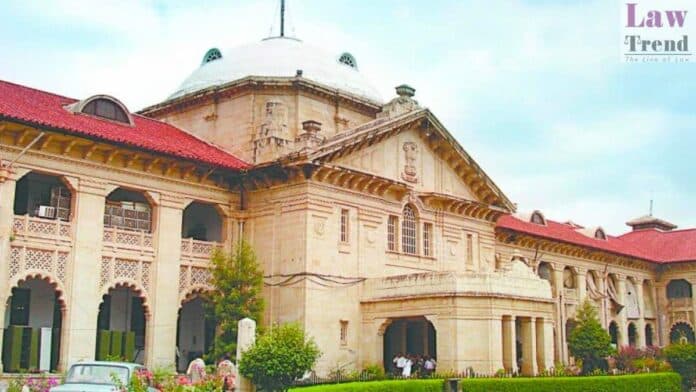In a significant ruling, the Allahabad High Court has set aside a school’s denial of admission to a student, Km. Sakshi, based on a medically estimated age, despite the presence of valid official documents. The court emphasized that educational institutions must rely on birth certificates issued under statutory frameworks and not solely on medical assessments,
To Read More Please Subscribe to VIP Membership for Unlimited Access to All the Articles, Download Available Copies of Judgments/Order, Acess to Central/State Bare Acts, Advertisement Free Content, Access to More than 4000 Legal Drafts( Readymade Editable Formats of Suits, Petitions, Writs, Legal Notices, Divorce Petitions, 138 Notices, Bail Applications etc.) in Hindi and English.




